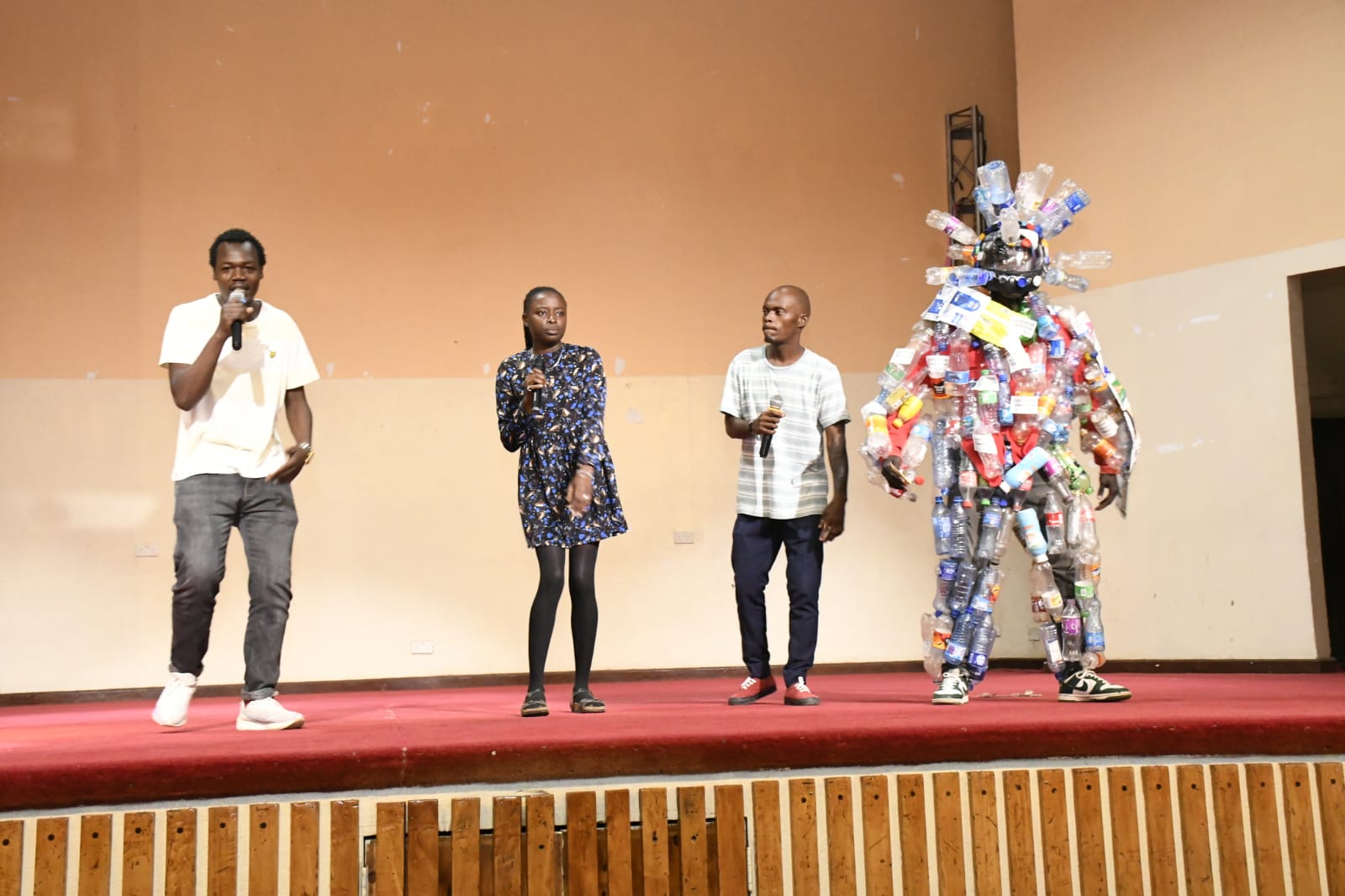UoN hosts ACUNS 2025 Conference
The University of Nairobi proudly hosted the 2025 Annual Conference of the Academic Council on the United Nations System (ACUNS) from 23rd to 25th June at the iconic Taifa Hall. Held under the timely and urgent theme, “Environmental Multilateralism and Human Development,” the three-day event brought together a distinguished assembly of global scholars, diplomats, policymakers, and civil society leaders to deliberate on the pressing environmental and development challenges of our time.
The opening ceremony was moderated by Dr. Alice A. Oluoko-Odingo, who served as the Program Co-chair. In her welcoming remarks, she set a collaborative tone by underscoring the critical role of academic institutions in promoting environmental multilateralism and fostering global solutions. Her message resonated strongly with the audience, emphasizing that transformative change begins with informed, united action.
Dr. Franz Baumann, President of ACUNS, formally opened the conference with a compelling keynote address. He spoke passionately about the urgent need for renewed global cooperation in the face of accelerating climate change and social inequalities. Dr. Baumann emphasized that climate change is no longer a distant or abstract threat, but a daily reality—especially in the Global South, where its consequences are most acutely felt. He called for a reimagining of multilateral systems that better reflect today’s interconnected world and warned against the dangers of fragmented, isolated responses. Praising Kenya and the University of Nairobi for their leadership, he described the conference as a “timely and essential platform for knowledge exchange and action.”
Representing the Vice-Chancellor, Deputy Vice-Chancellor, Human Resource and Administration, Prof. John Mande warmly welcomed guests to the University of Nairobi and read the Vice-Chancellor’s message, Prof Margaret Hutchinson. In the speech, the Vice-Chancellor expressed deep pride in hosting such a prestigious global event, noting that this is only the second time the ACUNS Annual Conference has taken place on African soil. The message highlighted how the conference theme “Environmental Multilateralism and Human Development” closely reflects the University’s vision of being “a world-class university transforming society.” Prof. Mande emphasized that bringing together scholars, diplomats, and development partners under one roof was not only timely but also meaningful, especially for Africa. The speech celebrated the strong partnerships that made the event possible and reaffirmed the University's commitment to supporting global environmental solutions through research and innovation.
Prof. Mande later delivered her keynote address titled “Tackling African Environmental Crises Through Research, Innovation, and Multilateralism.” Prof Hutchinson outlined the gravity of the continent’s environmental challenges—including climate change, land degradation, pollution, and biodiversity loss—despite Africa contributing less than 3% to global greenhouse gas emissions. Citing recent reports by the UN and UNEP, she emphasized the urgent need for research-driven solutions and stronger multilateral partnerships to address environmental injustice and build resilience across African societies.
The Government of Kenya was also strongly represented, further reinforcing the importance of this international gathering. Ambassador Njambi Kinyungu, Deputy Director-General for Multilateral Affairs, spoke on behalf of the Principal Secretary for Foreign Affairs, Dr. Roselyn Njogu. She reiterated Kenya’s deep commitment to environmental diplomacy and reflected on the country’s leadership role in shaping global environmental policy. Dr. Watele, attending on behalf of Douglas Mogaka, Director-General for Multilateral and Bilateral Affairs, also emphasized Kenya’s diplomatic support for multilateral environmental governance.
Throughout the conference, discussions were deeply solutions-oriented, addressing a wide range of interrelated issues such as climate change adaptation, renewable energy adoption, water and waste pollution, biodiversity conservation, and diplomatic cooperation for sustainable development. Dr. David Obura led engaging conversations on the importance of biodiversity, while representatives from the African Union, including Ms. Seraphine, reaffirmed the AU’s commitment to supporting global environmental governance and action.
As a hub of academic excellence, the University of Nairobi continues to position itself at the forefront of environmental research, education, and global dialogue. The ACUNS 2025 Annual Conference served not only as a platform for sharing knowledge but also as a call to action—a reminder that collaborative, research-informed, and inclusive approaches are essential to securing a sustainable and equitable future for all.

